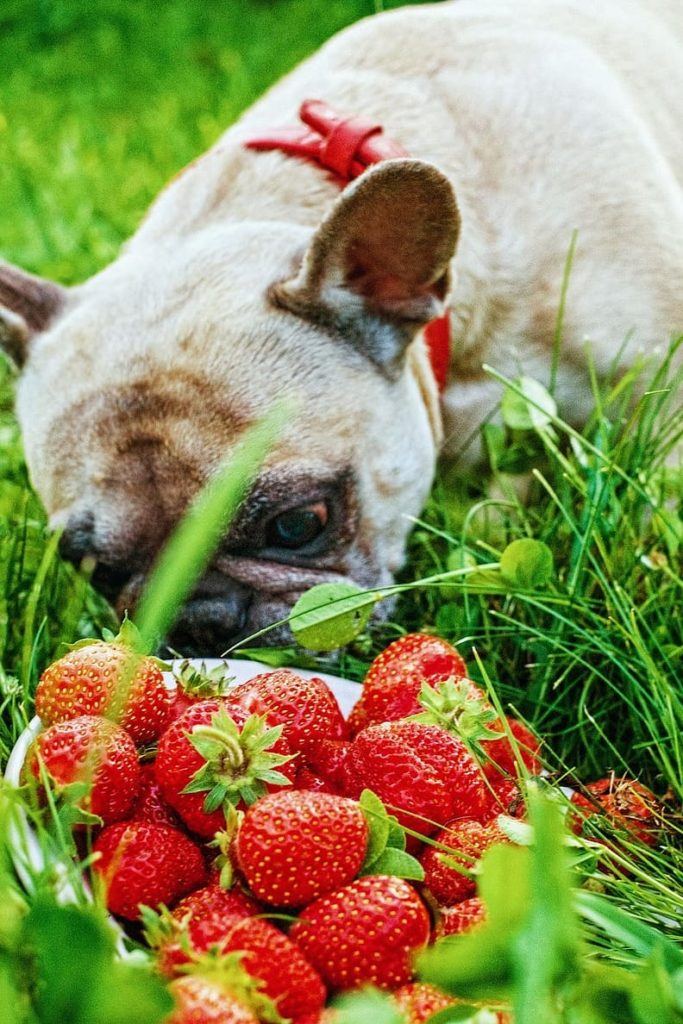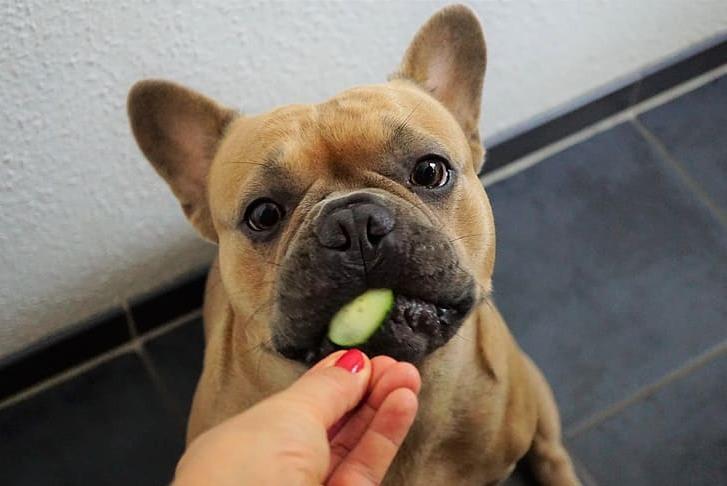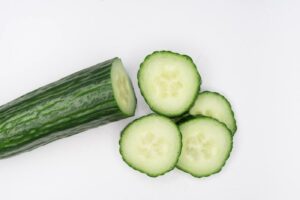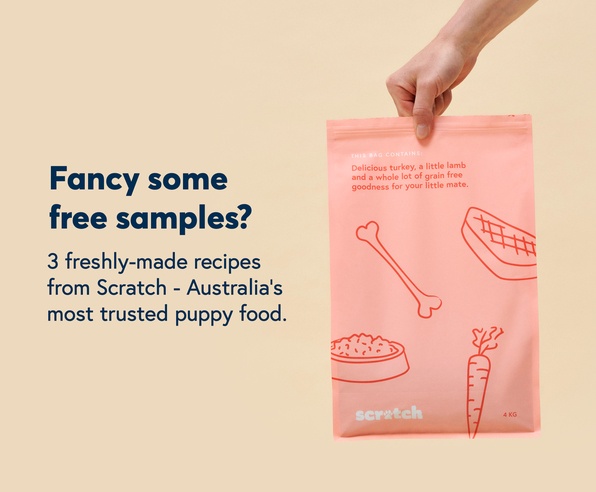A recent international survey of pet owners spanning Australia, New Zealand, the United States, and UK has reported that a growing number of people are putting their cats and dogs on vegan diets. Among humans, vegan and plant-based lifestyles have been growing in popularity for years. In 2018 the global vegan market was already estimated to be worth US$12.69 billion. But that number is expected to balloon to US$24.3 billion by 2026. In the UK alone there has been a 360% rise in veganism over the past decade. While over in the meat-loving US, it has been reported that one in three consumers has stopped or reduced their meat consumption.
This fast moving shift from steaks to soy has many drivers. Traditionally vegan and vegetarian diets were inspired by concerns over personal health and animal welfare. But increasingly people are making the change because they’re worried about the huge carbon impact of meat production. It has been reported that going vegan is the most significant way you can reduce your environmental impact.
With all those great reasons, it’s understandable that people would want to extend these changes to their pets. The problem is dogs have unique nutritional needs. While humans can pretty happily exist on a diverse diet of veggies, fruits, grains, and pulses, vegan dog food often falls short
A Crash Course in Dog Nutrition
You don’t need to be a vet to know dogs evolved to eat meat. Their sharp teeth and short digestive tracts tell us their bodies were built for it. Wild wolves, who share an extinct wolves ancestor with dogs, have very varied omnivore diets consisting of prey, bugs, fruit, and grass. Over millennia, dogs’ closeness with humans meant they evolved to eat more like us and they developed the ability to digest a wider range of foods such as starches (potatoes, beans, grains etc).
But unlike humans, who can easily reach nutritional levels with a balanced vegan or vegetarian diet, dogs struggle to break down plants to extract all the necessary nutrients. Additionally, many of the meat substitutes we enjoy–like tofu–can upset their tummies.

Vegan Dog Food
That’s not to say it’s impossible for them to give up meat. Carefully prepared and balanced meat-free diets can be developed, but they’re harder to manage. For most pet-owners the simplest choice is relying on one of the growing number of vegan or vegetarian commercially-made dog food brands. In theory they’ve done the work for you–formulating specific recipes to take the above into account.
But while these brands claim to have enriched their food to balance dog’s nutritional needs, it can be tricky to independently guarantee quality. In Australia, the pet food industry is unregulated. So no one is really checking in on the complex nutritional needs of commercial vegan dog food.
Of course, you can prepare your dog’s meals yourself. This allows transparency of ingredients, but it’s also a lot of work. You’ll need to work closely with a vet to get it right. Rachel Allavena, associate professor in the School of Veterinary Science at the University of Queensland, wrote for the ABC: “It is difficult to successfully formulate a nutritionally sound vegetarian diet for pets. Many dogs are lactose intolerant and can’t handle milk and eating too many raw eggs can result in deficiencies in essential nutrients like biotin.”
Also, fair warning, many meat-free protein sources like lentils, quinoa, beans, and dark veggies make many dogs fart more. So, you might want to consider vegetarian over vegan to allow your dog to eat some eggs. Again, this should all be worked out in consultation with a vet. But even then, one independent analysis out of the US showed that 25% of meat-free pet diets have nutritional deficiencies, showing how easy it is to miss the mark.

Can Vegan Dog Food be Healthy?
Technically it is possible for a dog to have a meat-free diet. But it’s a lot of work, taking up more time and money than other feeding methods. As Dr. Cailin Heinze, veterinary nutritionist and assistant professor of nutrition at Tufts Cummings School of Veterinary Medicine explains: “For dogs, certainly vegetarian and vegan diets can be done, but they need to be done very, very carefully. There is a lot of room for error, and these diets probably are not as appropriate as diets that contain at least some animal protein.”
The concern here is that if you get it wrong, which is easy to do, you could end up damaging your dog’s health.
Other Alternatives
The desire to switch to vegan dog food is totally understandable. But there are options between regular commercial foods (which often have abysmal environmental practices) and going full plant-based. Consider seeking out brands who take this stuff seriously and carefully source meat from sustainable suppliers. You can also make your own food with organic and free range meats. Or, start by simply reducing some of your pet’s meat intake by introducing vegan treats into the mix or upping their levels of veggies and other proteins.
Lead image via DaPuglet
For more on dog nutrition, check out:
How the Pet Food Industry Got Hooked on Bad Chicken
Understanding the Invisible Economics of Pet Food
Don’t forget to follow us on Facebook, Twitter, and Instagram







